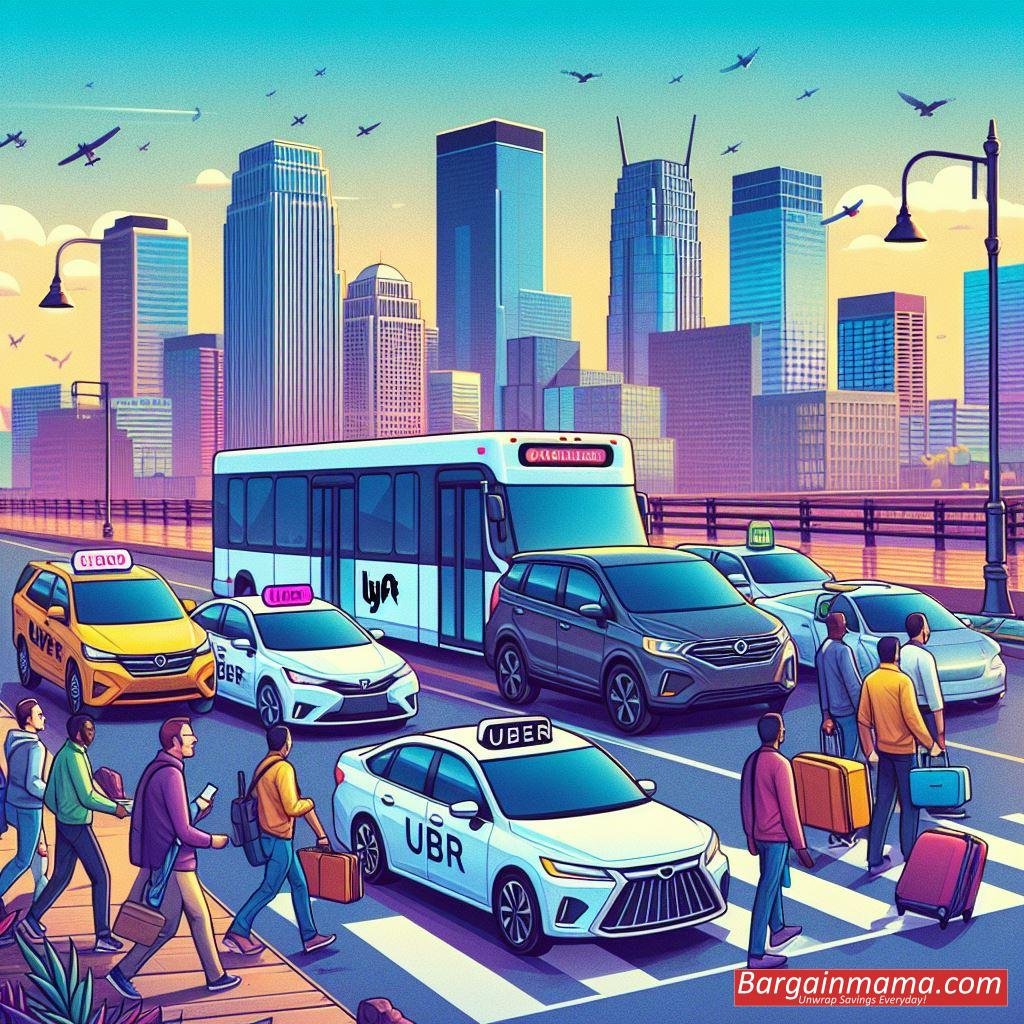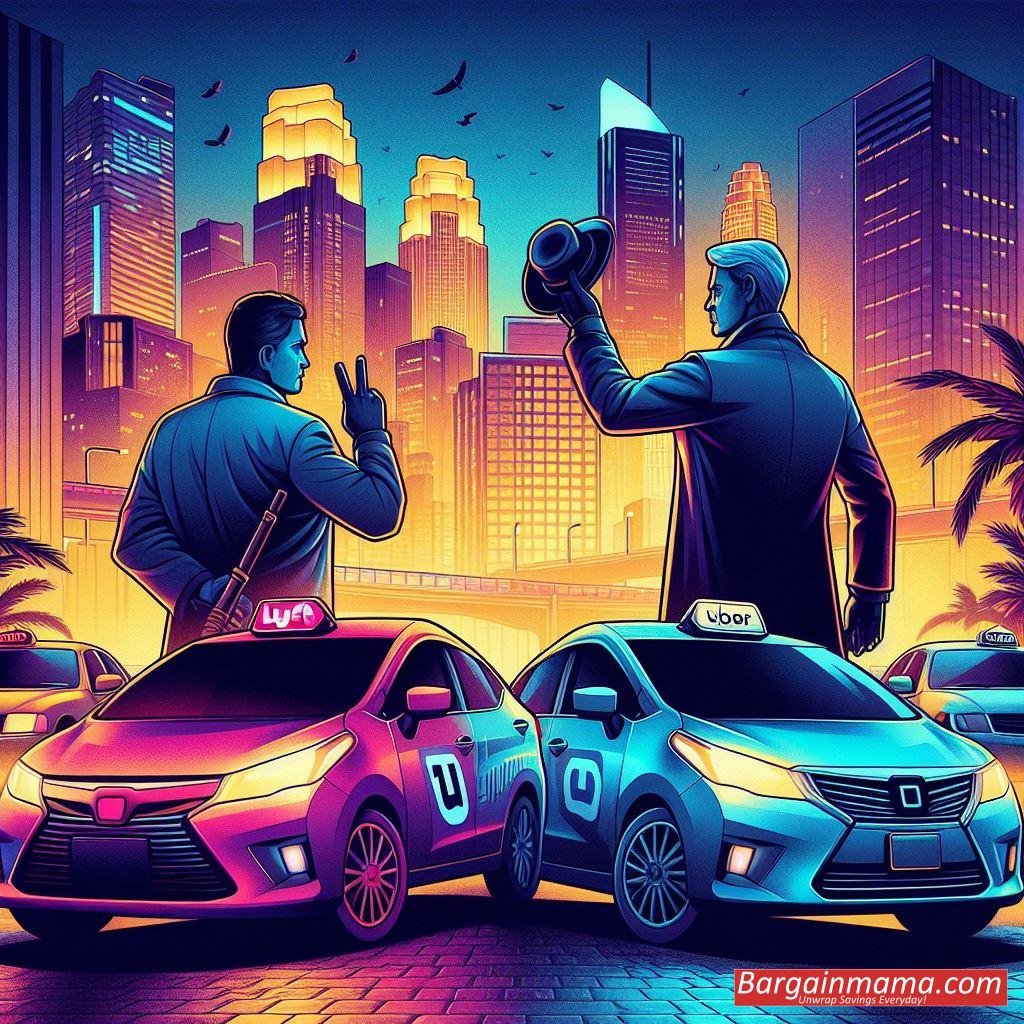Following the resolution by the city council to impose higher salaries for drivers who perform ride-hailing services, Lyft and Uber have announced that they will be closing their Minneapolis operations. The council overruled the mayor’s veto and decided that drivers must be paid at least the $15.57 per hour local minimum wage.

In a statement, Lyft lambasted the policy as “deeply flawed,” saying that it was in favor of a minimum income threshold but not the particular one that the council had established. The company announced plans to close its Minneapolis location as of May 1st, citing worries about the viability of its operations under the new legislation.
Although it did not immediately reply to demands for comment, Uber is said to have released a similar statement announcing that it would be stopping operations that day.
Both businesses have promised to support state legislation that would overturn the Minneapolis ban. State House Republicans have responded by putting out a plan that would exempt ride-hailing firms from municipal laws.

Despite Mayor Jacob Frey’s opposition, the Minneapolis bill approved mandates that ride-hailing companies pay drivers a fixed sum per mile and minute, or $5 per ride, whichever is higher, excluding gratuities. Opponents contend that the regulation will probably result in higher expenses for users, especially for those who depend on ride-hailing services and are low-income or disabled. Supporters, however, contend that drivers—many of whom are immigrants and people of color—need to be paid fairly.
Governor Tim Walz voiced worries about the possible fallout from Lyft and Uber’s withdrawal, especially for those with disabilities who rely on these services. In order to address driver compensation fairly and support the companies’ continued operations, he hopes for a legislative agreement.
This trend is reminiscent of recent wage-increase laws passed in Seattle and New York City, where Uber and Lyft are still operational in spite of the restrictions.




